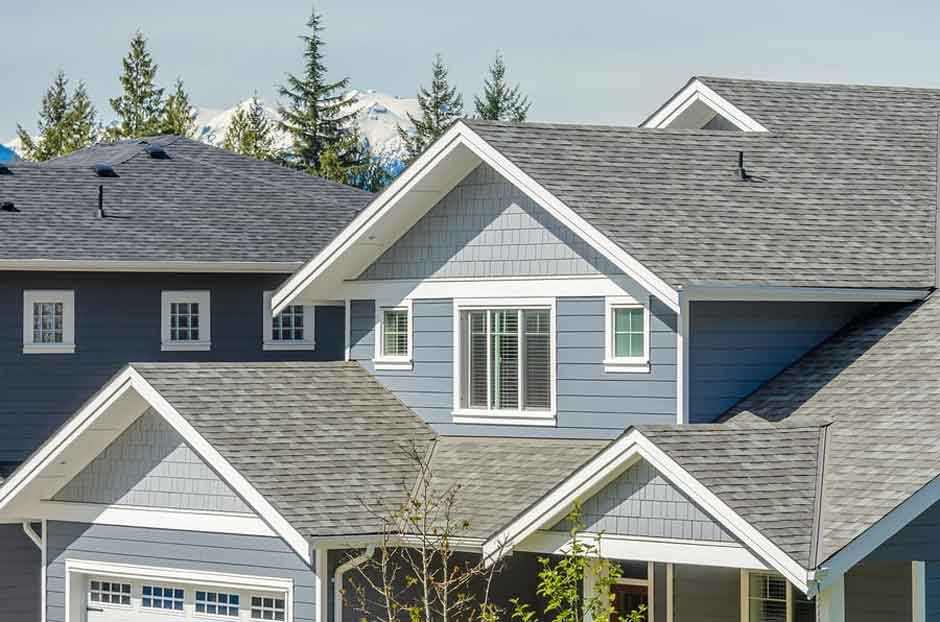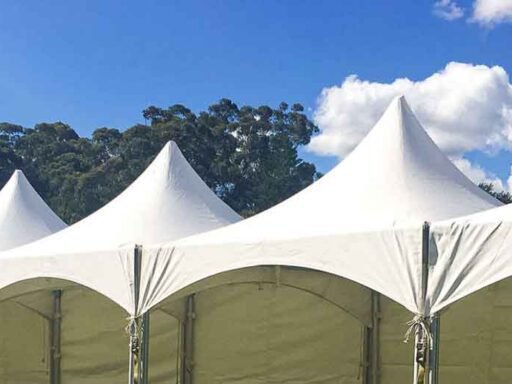While constructing your home or office, people usually think of roofing materials. They are always overwhelmed about which type of roof material they should use to make it durable and attractive. The fact is that the roof is one of the most valuable and important parts of a residential home when it comes to preserving values and safety. It not only protects the interior from the elements, but it also plays a crucial role in the overall aesthetic appeal of the home.
However, like all things, roofs don’t last forever. Understanding the lifespan of a residential roof and the factors that influence it can help homeowners make informed decisions about maintenance, repairs, and replacements.
In this guide, we’ll delve into the longevity of different roofing materials, the signs that indicate a roof needs attention, and tips for extending the life of your roof.
5 Major Elements That Impact The Life Expectancy Of Roof
According to research, the lifespan of roof is 20 to 100 years. The longest-lasting roofing systems are usually made up of clay or concrete, whereas three-tab asphalt shingles are at the lowest end of the range.
However, if you are wondering “How long does a residential roof last” the average life expectancy of a roof ranges among 25 to 50 years. Additionally, it depends on the type of shingle material you choose, its quality, and its durability.
So, the quality of the roofing material is the major roofing building element that increases durability. But here you will read about many different aspects that affect how long your roof lasts.
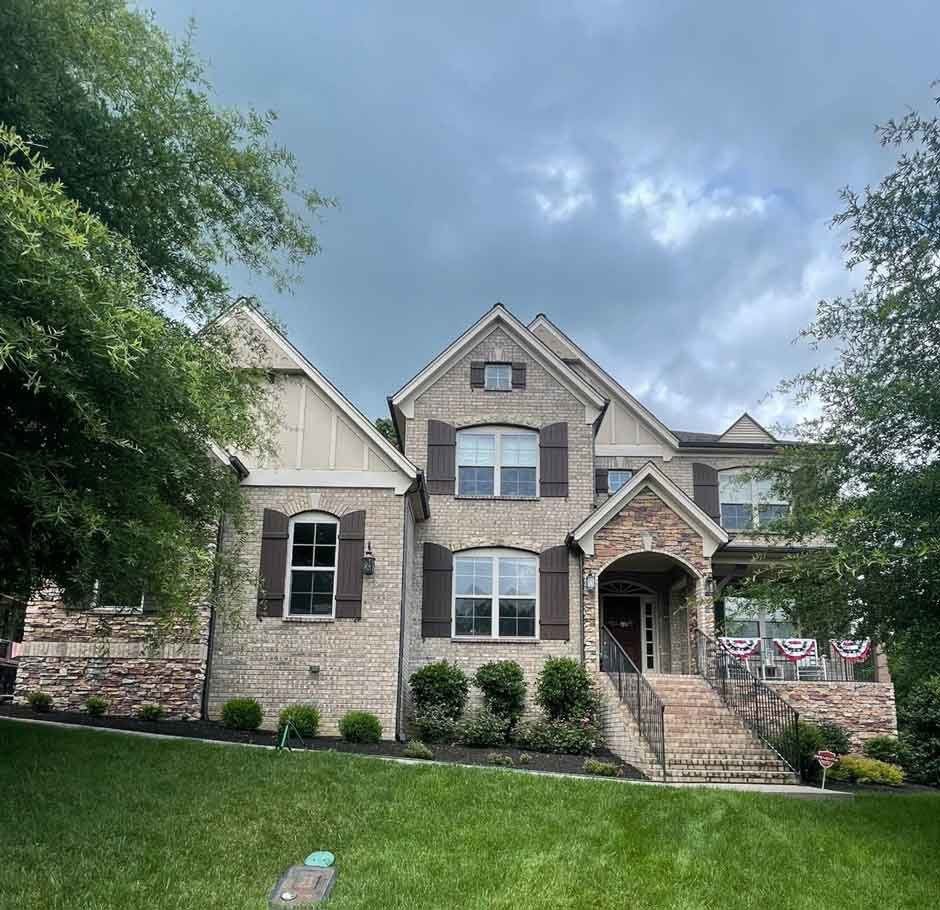

1. Material Used In Roof Construction
Deciding on the roof materials is one of the challenging parts. However, the longevity of a roof is highly dependent on the materials that are used on it and how durable they will be. It doesn’t matter whether you want to use for your residential roofing or commercial property. Choosing the right material holds utmost importance.
Choosing low-quality materials for your roof will surely have a low roofing life expectancy otherwise it leads to regular repairs. That is the reason you need to hire the best residential roofing contractors who use high-quality materials.
2. Climate & Weather Condition
Another common element that impacts the roofing lifespan is climate and weather conditions. Abrupt temperature changes, especially during seasonal changes, can cause fast expansion and shrinkage of roofing materials, which can be detrimental to your roof. Wood or asphalt shingle roofs may be particularly vulnerable to these temperature fluctuations.
However, extreme weather conditions such as heavy snowfall, intense sunlight, strong winds, and hail, can significantly impact a roof’s life expectancy. For instance, roofs in areas that face frequent storms may suffer more wear and tear which decreases their durability and longevity.
3. Ventilation and Insulation
Without adequate ventilation, heat and moisture will cause swollen trusses, mold, adhesive deterioration, and cracked shingles. This is why appropriate insulation and ventilation are required to protect the attic and roof. Attic insulation helps to regulate the roof’s temperature and reduce the likelihood of roof contraction and expansion that shorten its lifespan.
If you’re living in a cold climatic condition, it is crucial to protect the roof from ice dams. When snow melts on the roof, it runs to the edge and then freezes again, creating ice dams. This issue can be made worse by inadequate ventilation, which can lead to inconsistent roof temperatures. An even temperature throughout the roof is maintained by proper ventilation, which lessens the chance of ice dams developing.
4. Installation quality
Proper installation techniques ensure that roofing materials are securely fastened and aligned, which is critical for the roof’s overall durability. Poorly installed roofs are more susceptible to wind damage, water infiltration, and other forms of wear and tear that can significantly reduce their lifespan. So, you just need to contact our roofing building experts, who have expertise in installing all types of roofs.
5. Roof Slope
The pitch of your roof influences how long it will last since it controls how rapidly snow and water are shed off of it. Water collects on a flat roof, putting stress on the roofing components and perhaps resulting in water damage, which speeds up deterioration.
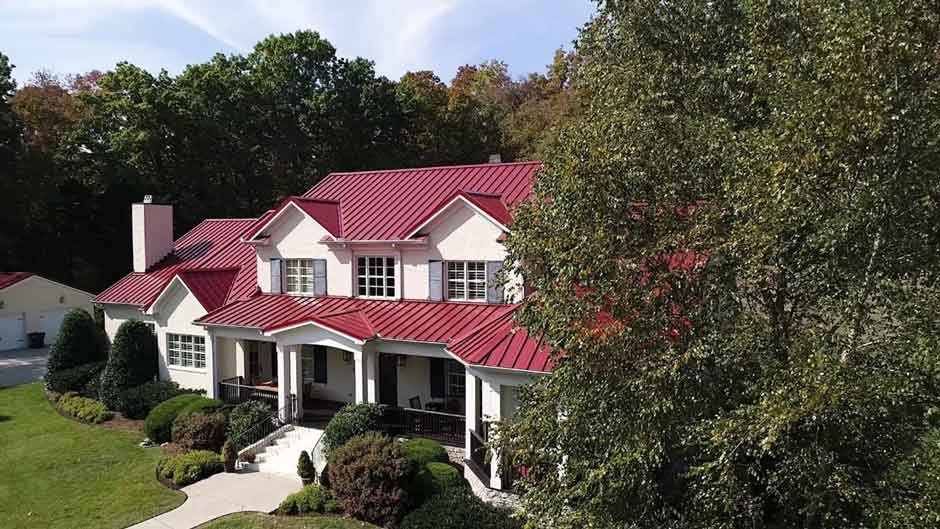

The Comparison Between Different Roofing Materials
Here is a breakdown of some common roofing materials and their expected lifespans;
● Asphalt Shingles
Asphalt shingles are the most popular roofing material in North America due to their affordability and ease of installation. Basic three-tab shingles typically last 15-20 years, while higher-quality architectural shingles can last up to 50 years.
● Clay and Concrete Tiles
These tiles are incredibly durable with lifespans ranging from 50 to 100 years. They are resistant to weather, rot, and fire but can be damaged by severe cold if not properly maintained
● Wood Shingles and Shakes
Wood roofs are particularly those made from cedar. They can last about 30 years with proper maintenance. They are susceptible to rot, insects, and fire, which necessitates regular upkeep
● Metal Roofing
Standing Seam Metal Roofs: Known for their durability, these roofs can last between 40 to 70 years, depending on the quality of the metal. Premium metals like copper and zinc can exceed 100 years.
Ribbed Metal Panels: These are less expensive but also less durable, typically lasting between 25 to 50 years.
● Slate Roofing
Slate is one of the longest-lasting roofing materials, often enduring for 75 to 200 years. It requires minimal maintenance and is highly resistant to harsh weather conditions, but it is very heavy and expensive and is not always an option for an existing home not built to support the weight.
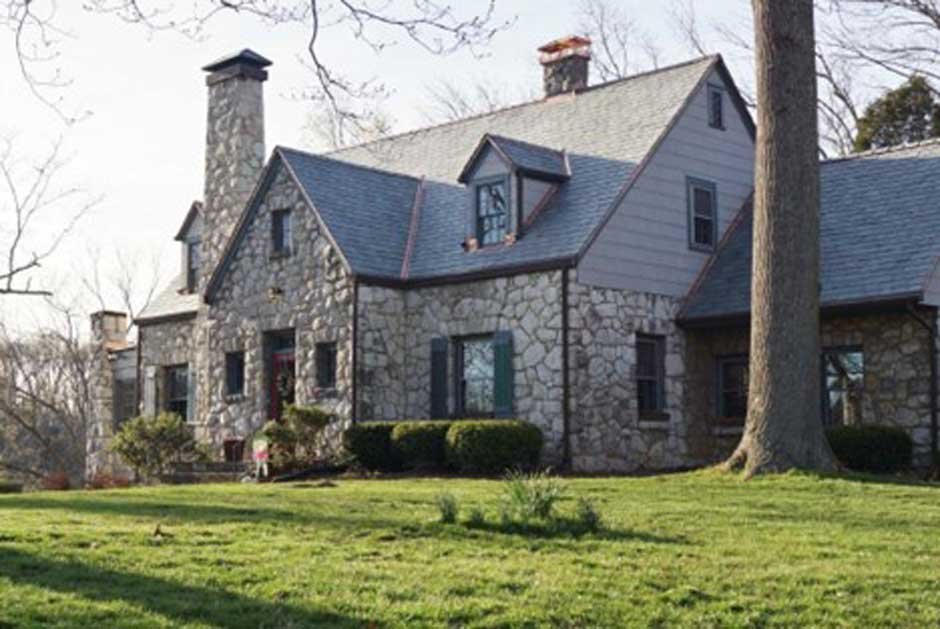

How Can I Extend the Longevity of My Roof?
If you want to extend the longevity of your roof, so it involves timely repairs, regular maintenance, and strategic updates. However, below you read the tips to assist on increasing the longevity of your roof.
- Schedule professional roof inspections at least twice a year
- Keep gutters & downspouts clear of debris, leaves, etc.
- Trim overhanging trees
- Remove moss and algae to prevent moisture retention
- Verify that your attic has proper ventilation
- Repair damage promptly
- Clean your roof if you have visible streaks and debris
- Opt for durable and high-quality materials
- Replace plumbing pipe jacks on the roof every ten years
- Keep an eye on the roof’s aging process
Why Choose Us?
If you are looking for top-notch roofing services, you have to contact the credible and certified residential roofing contractors like MidSouth Construction. We pride ourselves on offering exceptional and unparalleled roofing services. Whether you need a new roof installation, maintenance, or roof repairs, our team of highly skilled professionals is ready to help you and also uses only the best materials to ensure your roof safety.


